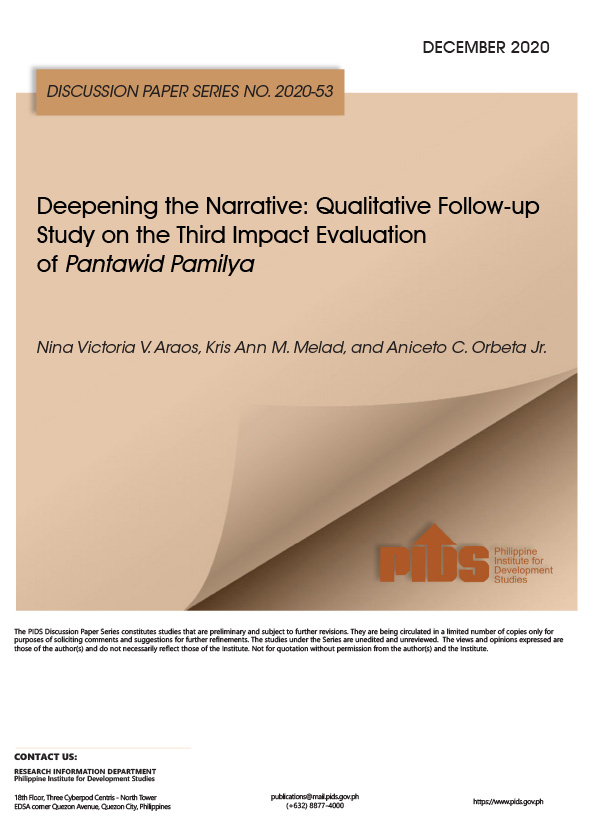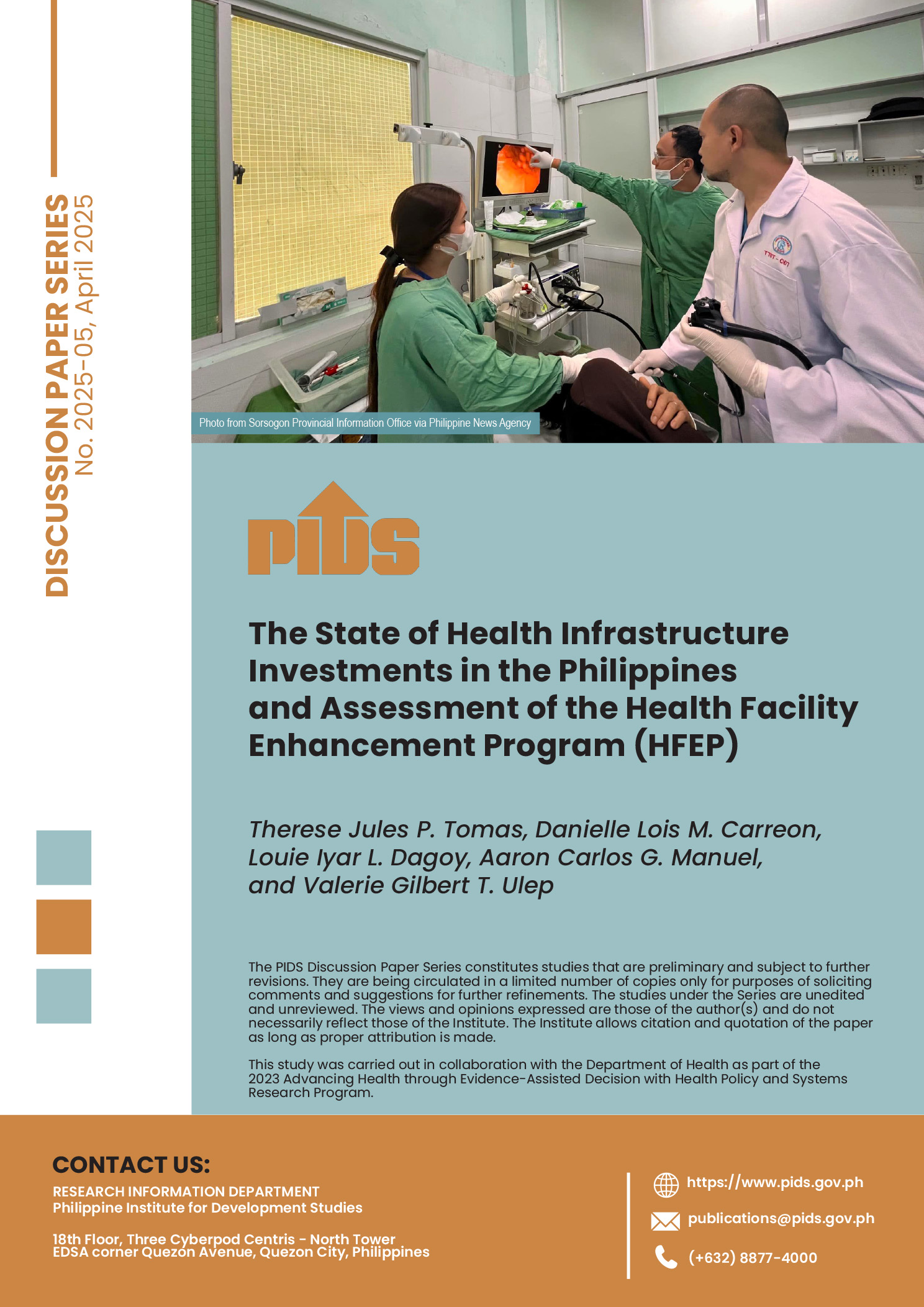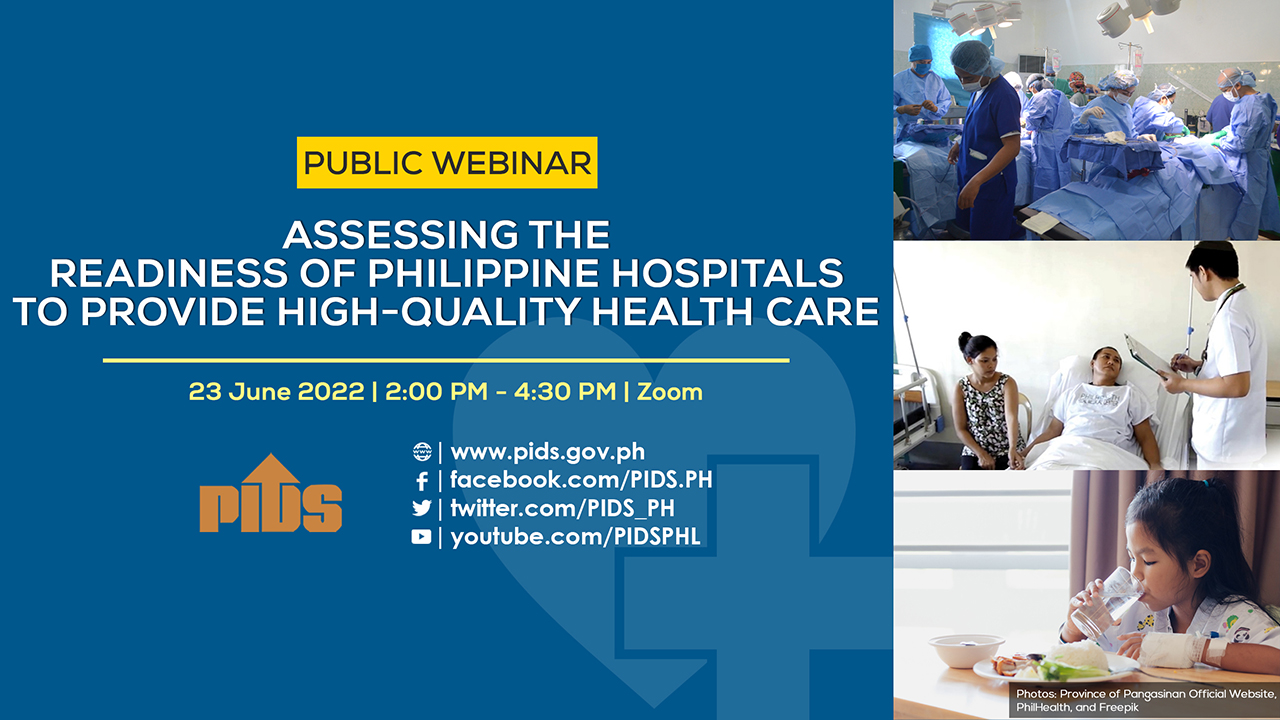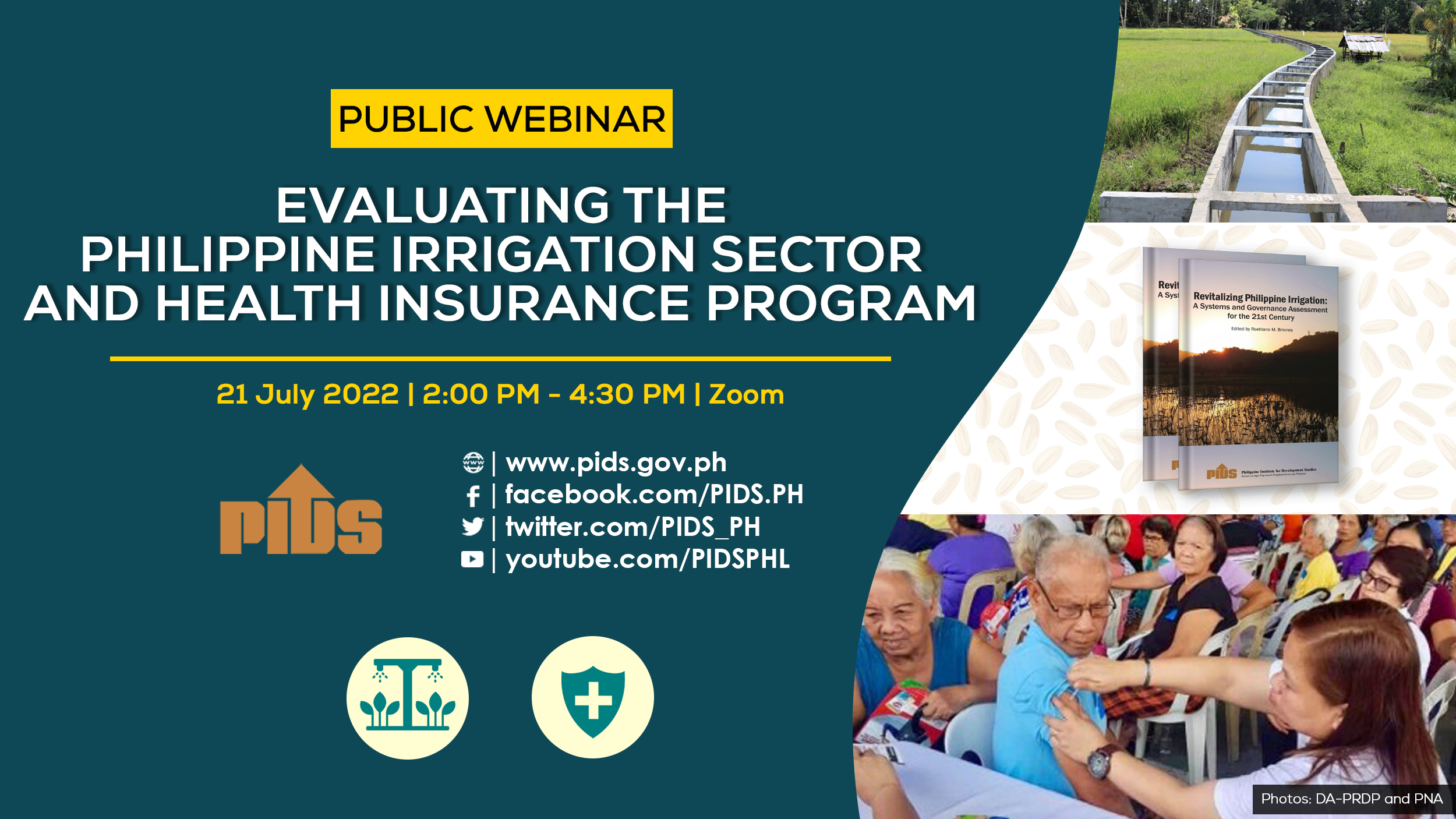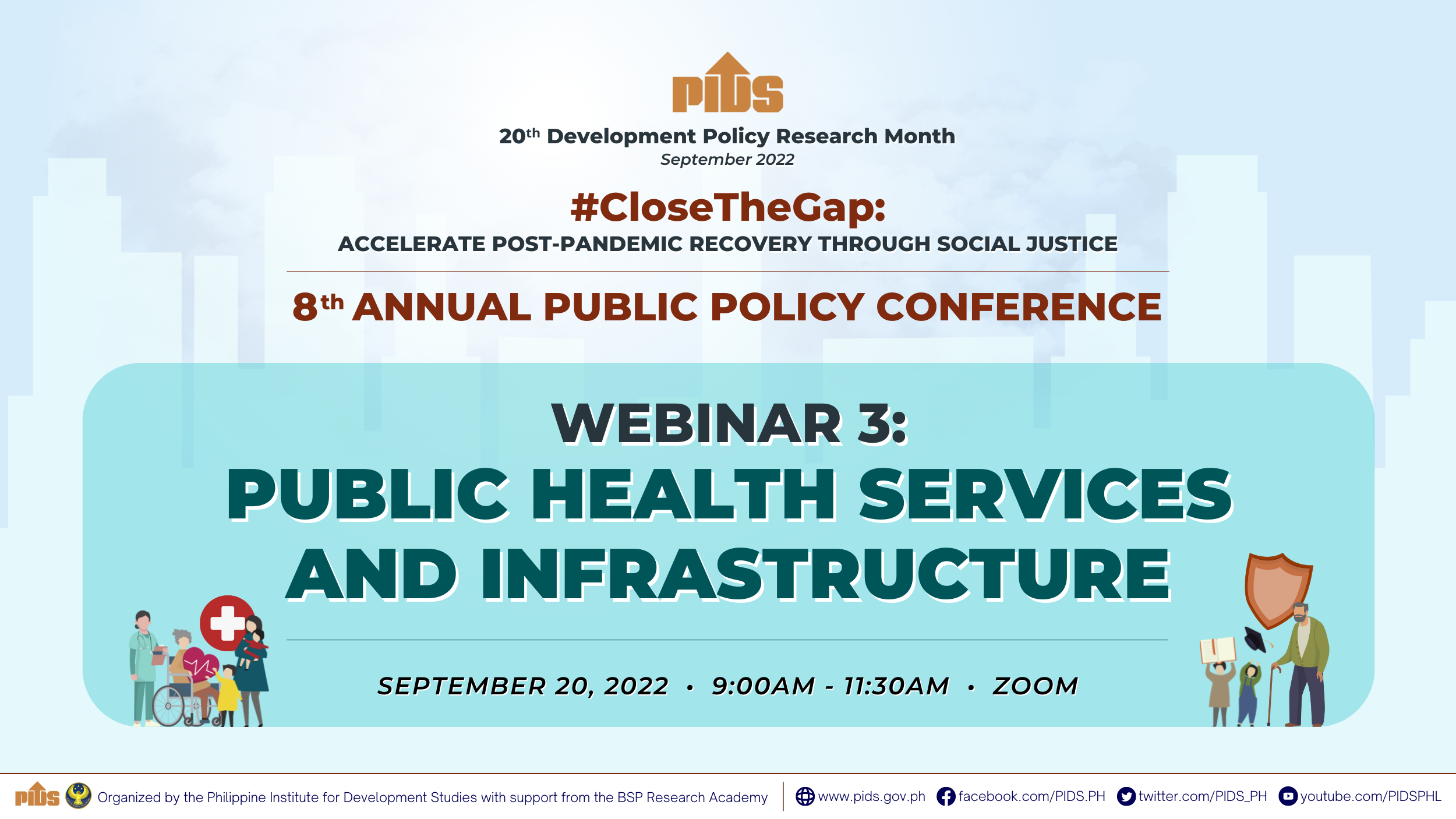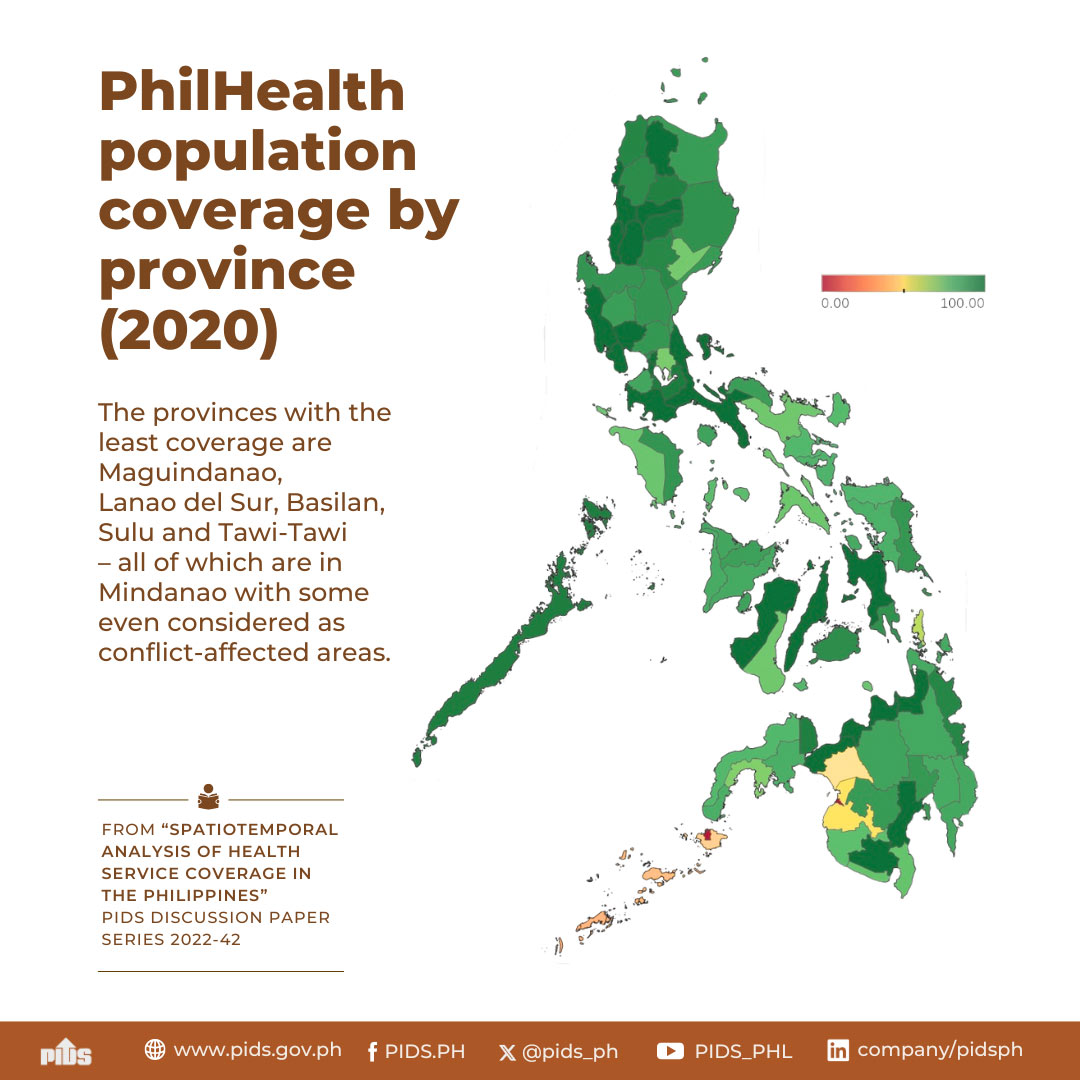The study employs a qualitative methodology to gain deeper insights into these unexpected findings through the conduct of focus group discussions with program beneficiaries and non-beneficiaries from identified areas in IE3, and key informant interviews with program stakeholders. Thematic analysis is utilized to analyze interview transcripts to tease out relevant themes in the discussions. The analysis of the results shows that the lack of proper understanding of the importance of postnatal check ups can be the reason of low availment even if the utilization of pre-natal check-up is high. In the case of nutrition, there appears to be no differences in knowledge, attitudes, and practices (KAP) or supply-side factors between Pantanwid beneficiaries and their counterpart non-beneficiaries. Thus, the explanation for the perverse program impact on stunting may come from factors other than KAP or supply side factors. Finally, perverse employment outcomes appear to be the result of low educational attainment, and lack of and seasonality of job opportunities. Beneficiaries expressed preference for livelihood over employment because it is compatible with housework and expressed their hopes and aspirations that the Sustainable Livelihood Program (SLP) will be strengthened. The study recommends reinforcing the knowledge on maternal care. It is also recommends that a more indepth study on the source of the perverse impact on stunting be undertaken. Finally, it recommends that barriers to employment of Pantawid beneficiaries be addressed including the strengthening of the SLP.
Comments to this paper are welcome within 60 days from date of posting.
Email publications@mail.pids.gov.ph.

